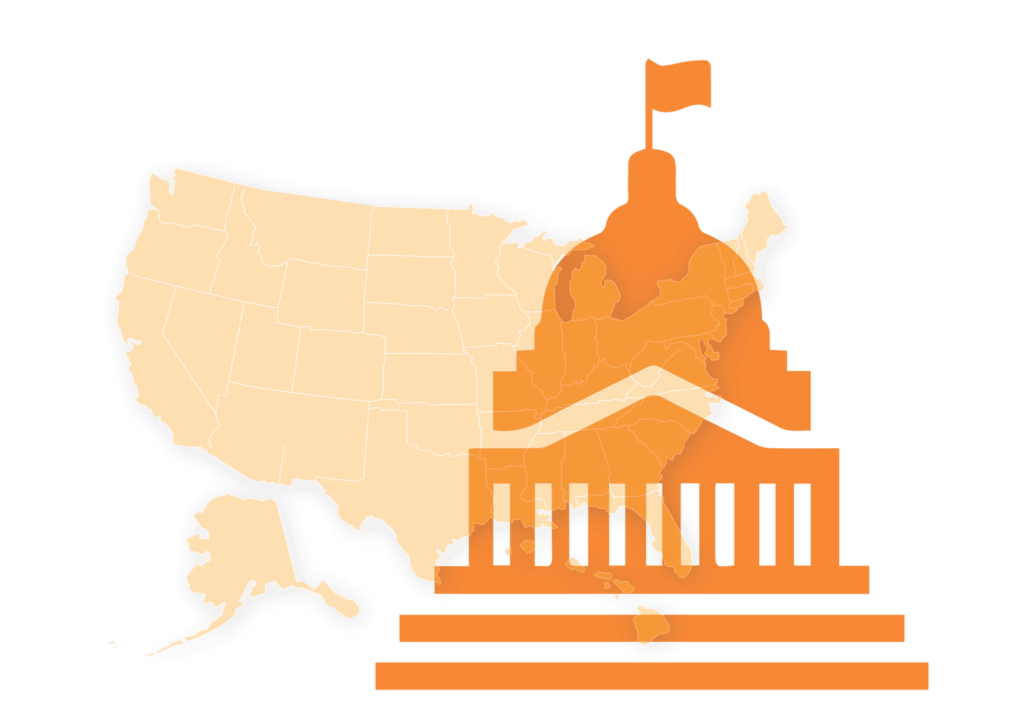Dear Speaker Pelosi, Majority Leader McConnell, Minority Leader McCarthy, and Minority Leader Schumer:
As leaders of organizations committed to prioritizing the basic needs of our nation’s students and youngest learners during the coronavirus pandemic, we urge you to expand access to food assistance and invest in other critical supports that directly address the nutritional needs of students and their families in the next coronavirus stimulus bill. We hope that you and your colleagues will recognize the substantial needs still facing school-age children and college students and act to:
- Extend the Pandemic Electronic Benefits Transfer (P-EBT) program through summer 2020 and into the next academic year to allow households with children receiving free or reduced-price school meals to access food purchasing dollars if the child’s school has been closed for more than five consecutive days;
- Ensure that no further legislation is needed to extend the P-EBT program should closures continue into the next academic year;
- Expand P-EBT benefits for children under 5 years old;
- Authorize and expand the Summer EBT Pilot Program currently run by the U.S. Department of Agriculture (USDA) so that all states and territories may be eligible to participate in the program going forward;
- Strengthen the P-EBT program by directing the USDA to work more efficiently with states and agencies to administer benefits quickly;
- Increase the Supplemental Nutrition Assistance Program (SNAP) maximum monthly allotment by 15%;
- Raise the minimum monthly SNAP benefit from $16 to $30;
- Suspend administrative actions that would eliminate or weaken SNAP benefits or participation, including the Trump administration’s changes to categorical eligibility;
- Eliminate work requirements that bar college students from accessing critical SNAP benefits; and
- Enable online applications for a wide variety of food and poverty programs, as Sen. Kirsten Gillibrand (D-NY) and Reps. Joseph Morelle (D-N.Y.) and Jim McGovern (D-Mass.) have proposed in the Health, Opportunity, and Personal Empowerment (HOPE) Act of 2020 (S. 3484/ H.R. 6217).
When the coronavirus outbreak started sweeping our nation, forcing schools and campuses to swiftly close and putting families out of work, our organizations knew that the impact on schoolchildren and college students from low-income families would be devastating, as access to the food they would normally receive during the school day or from food pantries on campuses became limited. We were grateful that Congress also recognized the challenges posed by this pandemic and acted quickly to pass the “Families First Coronavirus Response Act” (H.R. 6201), which increased investments in SNAP and created the Pandemic EBT program (P-EBT), which allows free- and reduced-price lunch (FRPL) eligible students attending a school closed for five consecutive days or more to receive food purchasing dollars on an ATM-like card. The Education Trust and Hunger Free America acted quickly to encourage state leaders to opt in to this program through the U.S. Department of Agriculture (USDA) and continue to support state officials and local advocates as they work to safely provide food to students in need of meals.
While many states moved quickly to set up “grab and go” meal sites for students to get meals that they normally would have access to during the school day, this effort has not yielded the results that we’d hoped, in part because “grab and go” options replicate the flawed and burdensome summer meals program, which has abysmal participation under normal circumstances. Just one in seven students who receive school meals during the academic year participate in the summer meals program due, in large part, to factors like insufficient program awareness, a shortage of summer meal sites, and limited access to meal sites, which may not be located at or near neighborhood schools.
Meanwhile, social distancing may be a factor, as well, since some meal pick-up sites that mirror the summer meals program may not be in compliance with states’ stay-at-home orders. At a time when students and families are being encouraged to stay home to flatten the curve and schools are closed for the remainder of the 2019-2020 academic year, it may be unsafe for students and families to travel to meal sites or for workers (who often do not have access to the personal protective equipment) to
distribute meals.
For these reasons, we sincerely hope you will prioritize continued food assistance by supporting the aforementioned programs that provide food purchasing dollars to families and students who know their own nutritional needs and need safe and convenient ways to acquire food.
We appreciate your commitment to ensuring that our nation’s students are fed and supported during this challenging time.
Sincerely,
John B. King Jr.
President and CEO
The Education Trust
Joel Berg
CEO
Hunger Free America





 September 28, 2022 by
September 28, 2022 by